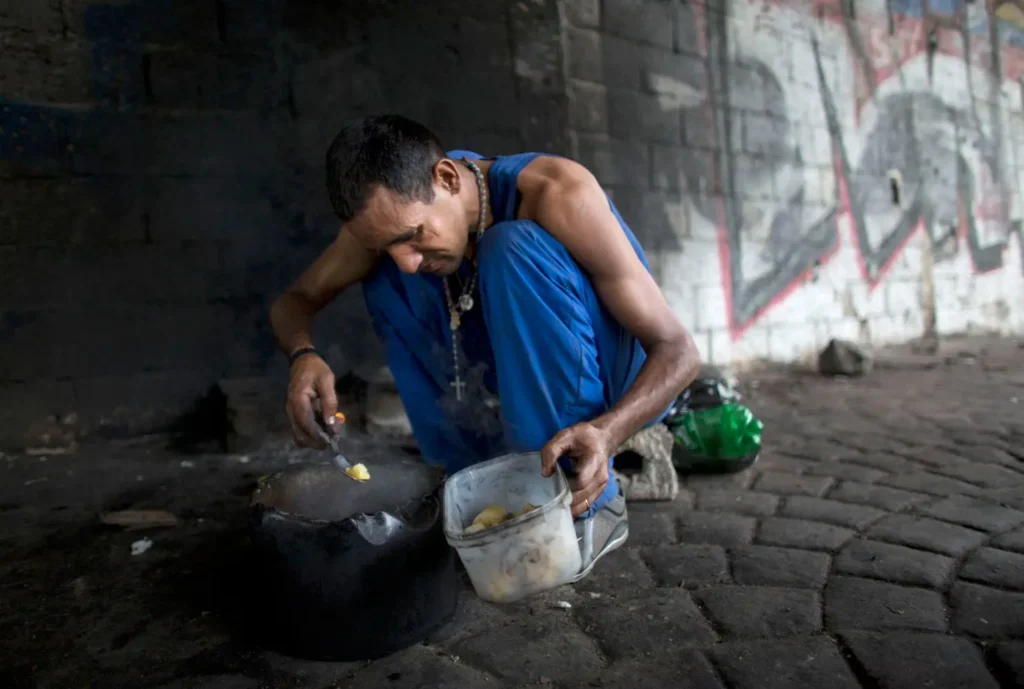Breaking News: Brazil Records Alarming Surge in Homicides with Concentrated Hotspots
In a startling revelation for 2022, Brazil reported an unprecedented 46,400 homicides, with a staggering half of these violent crimes densely concentrated in less than 3% of the nation’s municipalities. These findings emerge from the annual Violence Atlas, a comprehensive study conducted by the Institute for Applied Economic Research and the Brazilian Forum on Public Security.
The investigation underscores a critical distribution of violence, pinpointing that a mere 166 towns—effectively 162 due to ranking ties—shouldered this overwhelming burden. These municipalities, home to just 37.2% of Brazil’s population, faced disproportionately high levels of crime.
A considerable proportion of these violent hotspots are clustered in specific regions: 24 municipalities in Bahia, 19 in Rio de Janeiro, and 16 in São Paulo. Notably, Florianópolis is absent from this list.
The five most violence-ridden cities, all situated in Bahia, include Santo Antônio de Jesus, Jequié, Simões Filho, Camaçari, and Juazeiro. Bahia, often lagging in socio-economic metrics, significantly contributes to Brazil’s broader issues of violence and public security concerns.
"The Heart of Homicides: Unraveling Brazil’s Crime Hotspots in 2022" reveals that these municipalities are not random locations but crucial nodes in domestic and international drug trafficking routes. This network plays a significant role in driving up homicide rates, as noted by Samira Bueno, a key coordinator of the Atlas.
Historical data indicates a persistent pattern since 2017, where 2.2% to 2.9% of municipalities have consistently accounted for half of Brazil’s homicides. By 2022, homicides spanned 4,022 municipalities, reflecting a slight, though potentially significant, decentralization of crime.
Examining the evolution of Brazil’s criminal landscape over the past two decades reveals a dramatic shift. Deadly violence, once confined to major urban centers, has expanded to remote areas, fueled by the activities of notorious criminal factions such as the First Command of the Capital (PCC) and Red Command (CV). These groups have not only escalated violence but have also intensified environmental crimes and security threats in previously peaceful regions.
This alarming increase in homicides underscores the urgent necessity for targeted policies and interventions in key municipalities to effectively curb violence. Such strategies must be as dynamic and adaptive as the criminal networks they seek to dismantle.
For further details on the alarming rates of homicides in Brazil and the nuanced complexities of these crime hotspots, please refer to the original report on The Rio Times.
Source: The Rio Times
